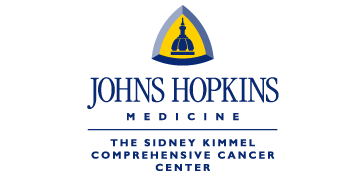- Advertise
- About OncLive
- Editorial Board
- MJH Life Sciences brands
- Contact Us
- Privacy
- Terms & Conditions
- Do Not Sell My Information
2 Clarke Drive
Suite 100
Cranbury, NJ 08512
© 2025 MJH Life Sciences™ and OncLive - Clinical Oncology News, Cancer Expert Insights. All rights reserved.
Dr. Antonarakis on Sequencing ADT and Sipuleucel-T
Emmanuel Stylianos Antonarakis, MBBCh, from the Johns Hopkins Sidney Kimmel Comprehensive Cancer Center, discusses a phase II trial evaluating the optimal sequence for sipuleucel-T and ADT in patients with biochemically recurrent prostate cancer.
Emmanuel Stylianos Antonarakis, MBBCh, Assistant Professor of Oncology at the Johns Hopkins Sidney Kimmel Comprehensive Cancer Center, discusses a phase II trial evaluating the optimal sequence for sipuleucel-T and androgen-deprivation therapy (ADT) in patients with biochemically recurrent prostate cancer.
The study equally randomized 68 patients to receive sipuleucel-T followed by ADT or the reverse sequence. In both arms, patients were treated with 3 infusions of sipuleucel-T and 12 months of ADT. The study assessed antigen-specific immune responses, as a primary endpoint.
Augmentation was observed in the Th1 and Th2 cytokines, in patients receiving ADT first followed by sipuleucel-T. However, this same augmentation was not observed in patients receiving sipuleucel-T first.
Secondly, Antonarakis notes, the interferon-gamma ELISPOT assay was used to determine immune response by measuring antigen specific CD8 T-cell activation. For this parameter, patients who received ADT first followed by sipuleucel-T showed higher levels of CD8 activation.
The final immune parameter that was examined in the study was antibody production in response to PA2024, which is the fusion protein used to create sipuleucel-T. Overall, antibody production increased in both arms at a similar rate.
At this point, based on immune data alone, the most appropriate sequence is ADT followed by sipuleucel-T, Antonarakis believes.


